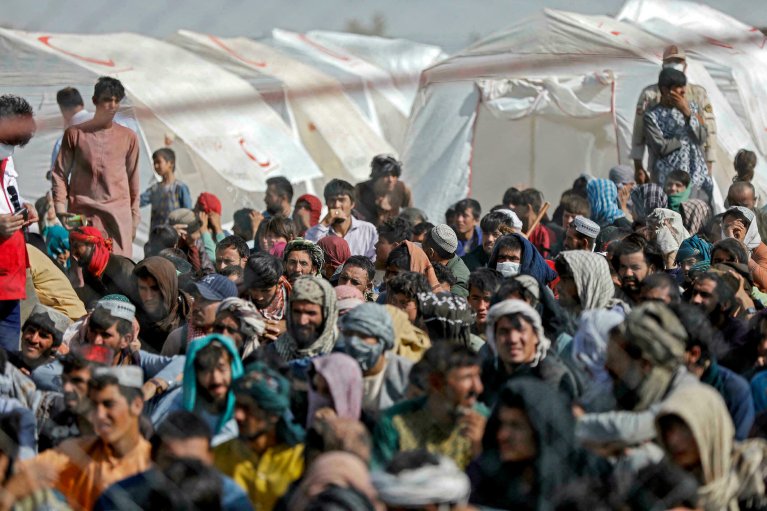Afghan refugees face starkly different experiences in Iran and Pakistan. In Iran, many migrants complain about mistreatment and harsh restrictions. Asadullah Zairi, an Afghan migrant, highlighted critical issues like disconnected SIM cards and increased bus fares. “The disconnection of SIM cards and bank cards is a major issue. According to new regulations, Afghan migrants must pay higher bus fares,” he explained.
Another migrant, Farzana Khaleqi, described the treatment of refugees in Iran as “rude and inappropriate.” She added that life for Afghan refugees there is extremely difficult. Migrant rights activists in Iran have also raised concerns. Nazar Nazari noted, “Our migrants are at risk of forced deportation. Afghan refugees are facing immense challenges in Iran.”
Iran has intensified its focus on undocumented migrants. Sardar Qasem Rezaei, the Deputy Police Chief of Iran, announced that businesses, both fixed and mobile, are now off-limits to undocumented migrants. He emphasized efforts to prevent their employment. An Iranian media report confirmed stricter enforcement, stating that authorities have intensified efforts to clear businesses of unauthorized foreigners. Over the past three years, at least three million Afghan nationals entering Iran illegally have been deported. Despite this, many refugees return to Iran, citing insurmountable challenges in their home country.
In stark contrast, Afghan refugees in Pakistan, both documented and undocumented, experience much greater freedom. Unlike Iran, Pakistan allows Afghan nationals to operate businesses, access public services, and move freely. However, this generosity comes with significant challenges for Pakistan. Afghan refugees often pose security threats, creating additional burdens for the host country. Despite this, Pakistan continues to provide sanctuary to millions of Afghan refugees.
The challenges for Afghan migrants extend beyond Iran and Pakistan. In Turkey, conditions are similarly harsh. According to Mohammad Jamal Muslim, a migrant rights activist, Afghan refugees face difficulties in both employment and security. “Migrants cannot move freely due to the restrictions they face,” he said.
The contrasting treatment of Afghan refugees in Pakistan and Iran underscores the complexities of the ongoing migration crisis. While Iran imposes strict restrictions and deportations, Pakistan extends significant privileges despite security concerns.


